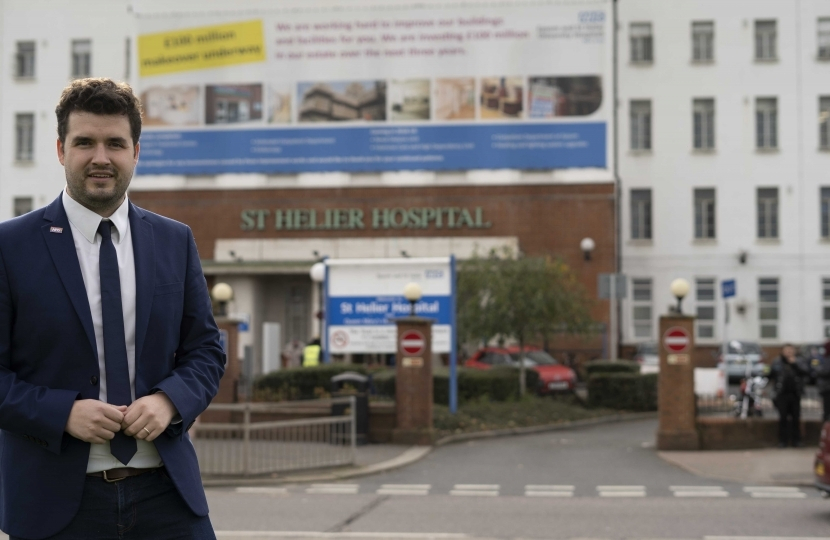
The Department for Health and Social Care has today announced a call for evidence to inform a new 10-year plan to improve mental health.
This is part of ambitious plans to finally ensure mental and physical health are put on equal footing and will build on current progress to assess how local services can work together to prevent mental ill health.
Residents, people of all ages with lived experience of mental health conditions and those who support people with mental ill-health are being asked to respond to the call for evidence which runs for 12 weeks until 5 July.
Many residents have been in touch with me in the past 2 years particularly, to voice their concerns over the rising number of people experiencing mental health concerns due to the pandemic. Indeed, around 1 in 5 adults in Britain experienced some form of depression in the first 3 months of 2021, over double pre-pandemic figures.
To combat this, the Government has made available £500 million to support groups most impacted, including children and young people. The call for evidence will build on this fantastic funding and take into consideration not only what is needed from lived experiences, but also what is currently working/not working in mental health support.
You can read more about the call for evidence, respond online, or respond via post here.
Each year, around 1 in 4 people experience mental health problems. Most of us know a family member, colleague of friend who has struggled with their mental health.
Below is a guide of how to help others with mental health problems, as well as how you can access support for yourself on a local and national level. Please do not hesitate to get in touch on [email protected] if you need my support.
Helping Others with Mental Health Problems
According to the Every Mind Matters campaign, there are a number of things you can do to help:
- Express concern by letting someone know you're worried. It's a good way to start a conversation about how they are feeling, and it also shows the person that you care and that you have time for them.
- Reassure them, because the first time someone mentions their worries is a huge step. Let the know that you're there for them if and when they need to talk.
- Be patient as you won't always know the full story. Just being there for someone can be a huge help if they want to open up to you at a later date.
- Look after yourself when looking after others. It can be upsetting to hear someone you care about in distress. Make sure that you take time to yourself so that you can relax and do things that you enjoy.
- Offer some practical help like an act of kindness. Offer to do some shopping for them or try and find some practical information if they are not in a position to do it themselves.
Local Support for Mental Health.
- Sutton Crisis Café- Based on Downs Road in Belmont, SCC is a new non-judgemental service for people in mild to moderate mental health crisis, who just need a safe place to be. Visit their website here.
- Locally, the Sutton Mental Health Foundation is on hand to offer help and support. To contact them, please call 020 8770 0172. You will be able to record a message. Please keep this brief, giving your name and contact number and the reason for your call. They aim to call you back within 24 hours, and if possible sooner. You can also email [email protected].
- NHS 111 online: 111.nhs.uk.
- NHS Every Mind Matters Campaign
- Mind- The Mental Health Charity
- World Mental Health Day
- Sutton Uplift
If you are in urgent need please contact Samaritans on 116 123 or go to Helpful contacts for a list of organisations that may be able to help.

